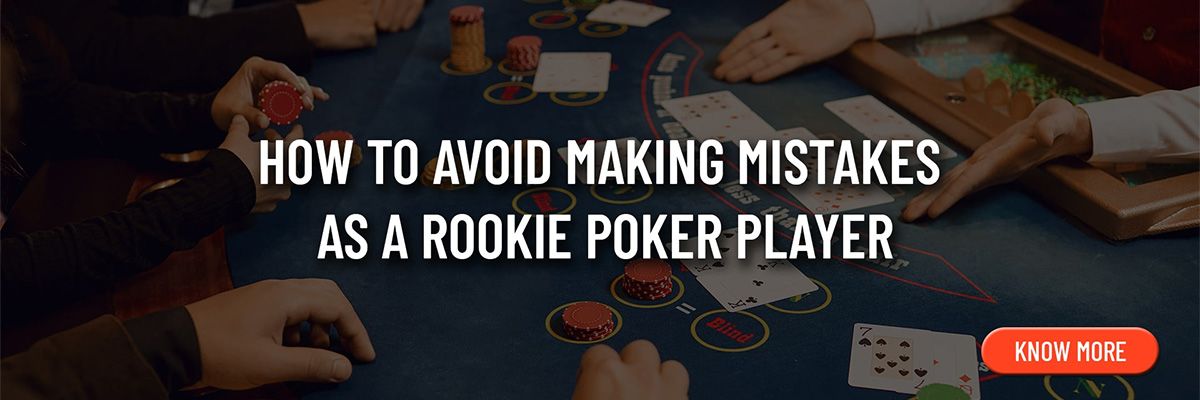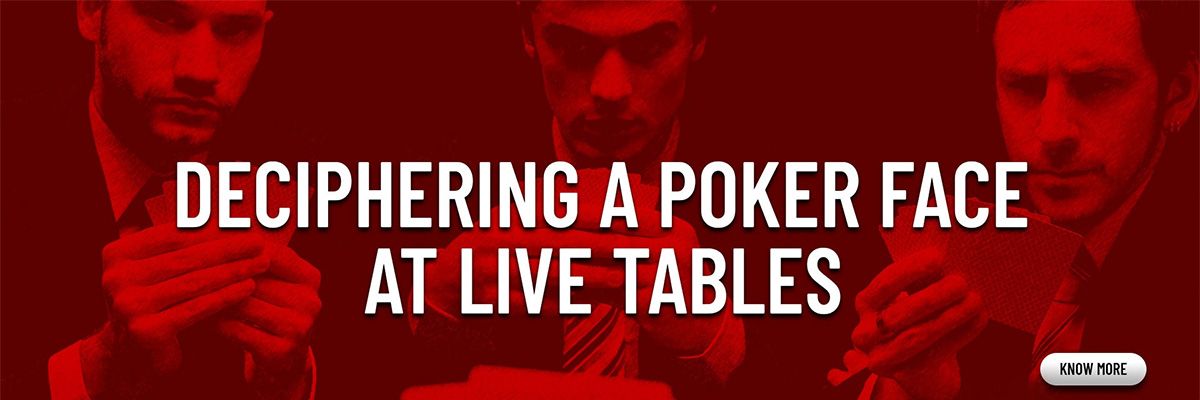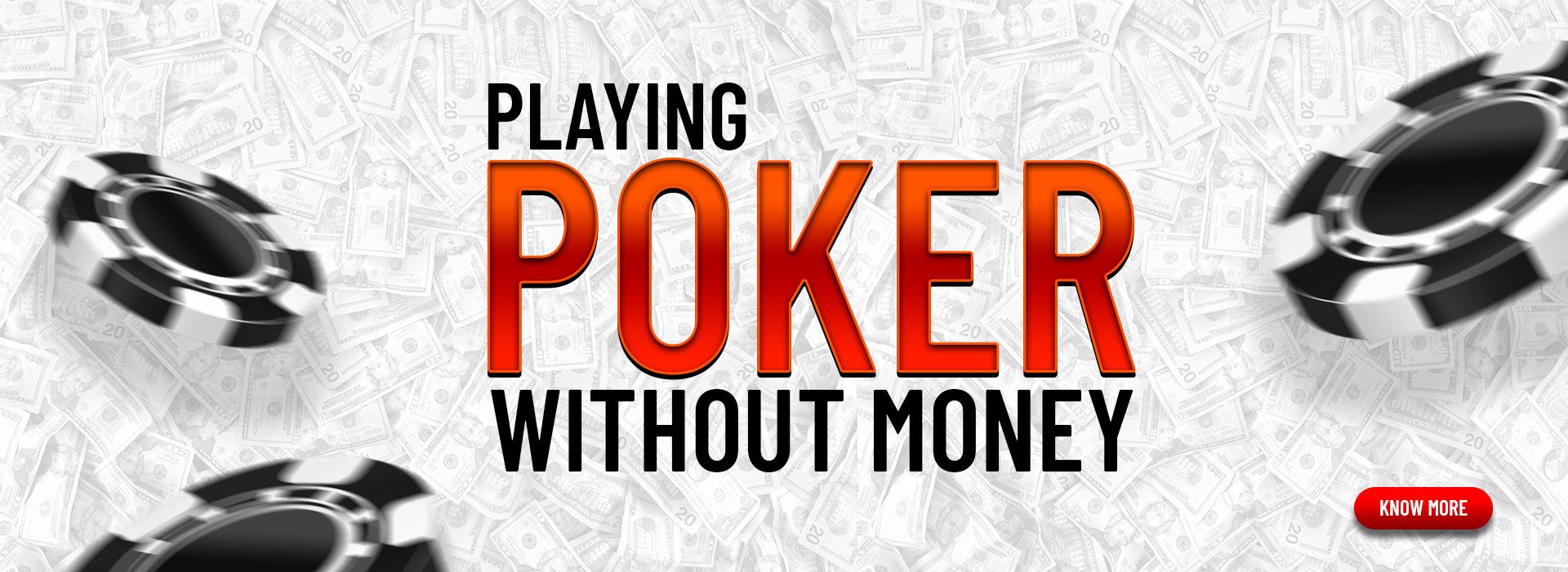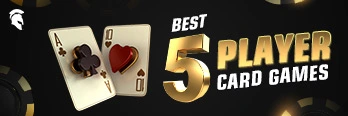Mistakes to Avoid By a Rookie Poker Player
You’re a newbie poker player who sits at the table but doesn’t quite understand the rules. Or, you’re just trying to play the perfect game, but you keep making silly mistakes. You might even have the potential to be a great player, but you need a little help in order to avoid some basic mistakes. This isn’t a problem specific to you. Almost all rookie poker players tend to make errors while playing. All they need is a little guidance and someone pointing out the moves they should avoid.
If you’ve been looking for someone to come and save your game, then your search has finally ended. I’m going to tell you all about the silly mistakes you need to steer clear from. When we’re done, your game will have definitely improved. So relax, and get ready to learn.
Top 7 Mistakes to Avoid:
Poker is a game that is a stickler for rules. Ensure that you follow these tips, and you’ll be playing a game without any major faults. They are as follows:
1) Play Less:
In the beginning, most rookie poker players tend to get over excited and play as many hands as possible. The chances of finding two winning cards, from your hole cards and community cards seem great, don’t they? But, this is not the case. Initially, you might not have the skill to play well with weaker poker hands.
If you land premium cards like Ace-King, or something equally fabulous, then by all means, play. But, if you’re ending up with weaker hands, it’s no harm to fold. You can watch the other players play, and over time, develop the wherewithal to play a weaker hand. Right now, play strong cards.
In short, play less, have more fun. What more can you ask for?
2) Get Involved:
Several rookie poker players get intimidated by the other players and tend to clam up. They won’t say much or avoid any active participation. This is a mistake you should avoid.
Playing with premium cards is a good idea, yes. But when you land a weaker hand, you can’t assume that your opponents have hands stronger than yours. You can try to play a little and then, perhaps fold, when you’re certain of your weak hand. You cannot let your fear of the other players and their strengths prevent you from foraying into experimenting a little with weaker hands. As confusing as it sounds confusing, but you need to find strike a balance between playing too much, and not playing at all.
All you need to do is find the goldilocks zone.
3) Sizing Your Bets:
I know this tips sounds tedious and difficult at the same time, but it’s one of the most important skills for a rookie poker player to develop. A player needs to know when to bet what amount, if he wants to succeed in the game.
You want to ensure that you’re not over-betting for weaker hands, or hands that will draw. This won’t get you very far in the game and will only diminish your holdings. On the other hand, if you have a premium hand, you need to able to gauge the amount you can bet on it, and move towards a victory. It’s a relatively difficult skill to hone, I won’t lie. But, you need to play more games and it will come to you naturally.
You can bet on this tip to take you ahead in the game.
4) Emotional Management:
I know that the title sounds like something out of a dystopian novel, but in all honesty, it’s just about learning to control your emotions. As a rookie poker player, you’ll experience surges of emotions, be it positive ones like exhilaration and joy, or negative ones like frustration and anger.
It’s very normal to experience such emotional highs and lows at the poker table. However, a good poker player learns how to recognize such emotions and then how to manage them. Showing your emotions can be a huge tell and give your opponents a clue about the hand you’re holding. Not only that, but your emotions will cloud and impair your judgment. You need to remain calm and cool in order to play the game strategically.
Remember; cool as ice and eyes on the prize.
5) Position:
I know that poker isn’t a game of football or cricket. So, why does position matter in this game? Well, let me tell you that position is everything in poker. Rookie poker players might not know, but where you are seated at the poker tale will influence not only how you play, but also your betting pattern and hand ranges.
Whether you are seated next to the dealer, acting as the blinds or seated towards the end of the table; all of this matters. For instance, experienced players know that sitting at the blinds or in earlier positions leads to a larger loss of money. So while you act first, you won’t be in the best place to win. Thus, choosing where you sit isn’t just important on the first day of college. It’s also extremely important in poker.
So, choose wisely and play well.
6) Talking vs Listening:
This one’s a tricky one. Even in our everyday lives, we have difficulty in deciding how much to talk and when to shut up and listen. Same is the case with poker.
At a poker table, you don’t want to talk too much. You might end up giving away some important clue about your game, or hand. On the other hand, if you simply shut up and don’t say a word, then your table image may get warped and develop in a way you don’t want it to. Try to strike a healthy balance, and think before you speak. If you make irrelevant chit chat with a player, you’ll be fine, but avoid talking when you’re nervous or you’ll babble. Always listen to what the other players are saying. You’ll learn a lot about their hands and also about poker, in general.
As we conclude our list, you’ve learnt all there is to learn about mistakes to avoid by a rookie poker player. Now you need to start playing and test out your new found knowledge. So, come join us at Spartan, and play poker online!

















